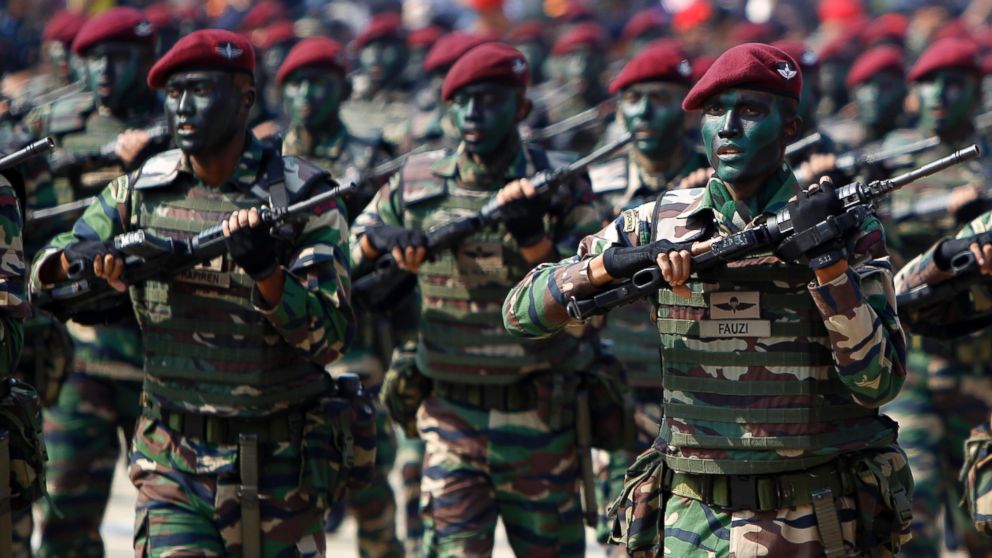Malaysia: Relative Peace in Southeast Asia Terror Haven
March 14, 2014 — -- The possibility that Malaysia Airlines Flight 370’s disappearance was “done intentionally” has prompted a closer look at potential terrorist ties to the Southeast Asian nation – or the almost surprising lack thereof.
U.S. officials have said that as of yet there is no evidence to suggest Flight 370 is linked to any terrorist activity – and in fact top intelligence officials say a lack of “chatter” about the plane by extremists under surveillance suggests any number of other answers to the tragic mystery.
Unlike its regional neighbors, U.S. officials and experts say Malaysia is not historically known as a home to major terrorist groups and in recent years has itself been relatively free of the terrorist threat.
“Malaysia never suffered anywhere near the level of violence or concern that was evident Indonesia in that period around Sept. 11 and the run up to and the period after,” former U.S. Ambassador to Malaysia James Keith told ABC News, referring to devastating bombings in Bali nightclubs in 2002 that killed more than 200 people and a 2003 bombing of a Marriot Hotel in Jakarta that killed 12 more.
Keith, who was posted to Malaysia from 2007 to 2010, said that when it comes to the terrorist threat in Malaysia, it almost all comes from other “regional actors.”
“These would be people roughly connected with the Indonesian efforts, or conceivably connected with broader terrorist activity, but it’s been a long time since that was really active [in Malaysia],” he said.
A Congressional report from 2009 says that Malaysia was once considered a global terrorism “hot spot” because some of the 9/11 plotters reportedly met in Kuala Lumpur prior to the attacks, and just this week a convicted terrorist-turned-government witness told a New York court that he had supplied a shoe bomb to a Malaysian terror group in the weeks after 9/11 -- a plot a senior U.S. intelligence official told ABC News the U.S. was “aware of.”
But the attack by the alleged Malaysian group never materialized, and the Congressional report says that by 2009, “The purported terrorists groups that do remain in Malaysia are generally external in nature, comparatively small and relatively inactive.”
The National Counterterrorism Center lists no major terrorist groups as being based in Malaysia, though some have cells there, and the University of Maryland’s Global Terrorism Database, which tracks terrorist attacks the world over, shows that while there was a small spike in the late 1980s, there have been eight “incidents” in the last decade causing just a single fatality. Compare that to Indonesia to Malaysia’s south -- home to Islamic militant groups Jemmah Islamiya (JI), suspected perpetrators of the Bali and Marriot bombings, and Jemaah Anshorut Tauhid (JAT) – which suffered more than 30 such “incidents” in 2012 alone.




